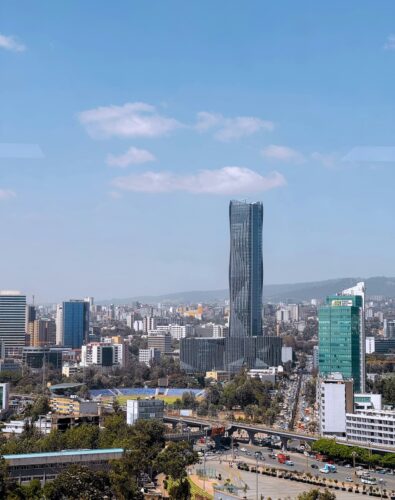
Health and Care Systems Education
Planetary health as a new educational perspective: Cultivating health professionals for a sustainable society. Igaku Kyoiku (Medical Education, Japan).
• Research & Reports
Explore Planetary Health
Browse or search our curated collection of research articles, tools, videos, and other Planetary Health resources. Featuring approximately 2,000 research articles and additional tools spanning a variety of thematic areas, our library has information on Planetary Health for every audience — whether you’re exploring the field for the first time, an educator hoping to engage Planetary Health in your classroom, a seasoned scientific researcher, or someone looking to making a difference in your community and in the world. New resources are added every month.
Contact us to suggest items to add to our library and sign up for our newsletter to receive updates on the latest additions.
All Resources
Health and Care Systems Education
• Research & Reports
Infectious Diseases Land Use and Land Cover Change
The review explores urban water management in Addis Ababa, Ethiopia, and advocates for better supply, sanitation, and land use planning to improve water security and quality in the city.
• Research & Reports
Chemical Pollution Ocean / Marine Degradation
Japanese scientists created a strong, non-toxic plastic that dissolves in seawater within hours and leaves no microplastics behind. The material could help reduce ocean pollution but is not yet commercialized.
• News
Planetary Health Frameworks
• News
Mental Health Noncommunicable Diseases
Health and Global Policy Institute submitted joint recommendations to the Zero Draft of the UN Political Declaration on Non-Communicable Diseases (NCDs) and Mental Health.
• News





